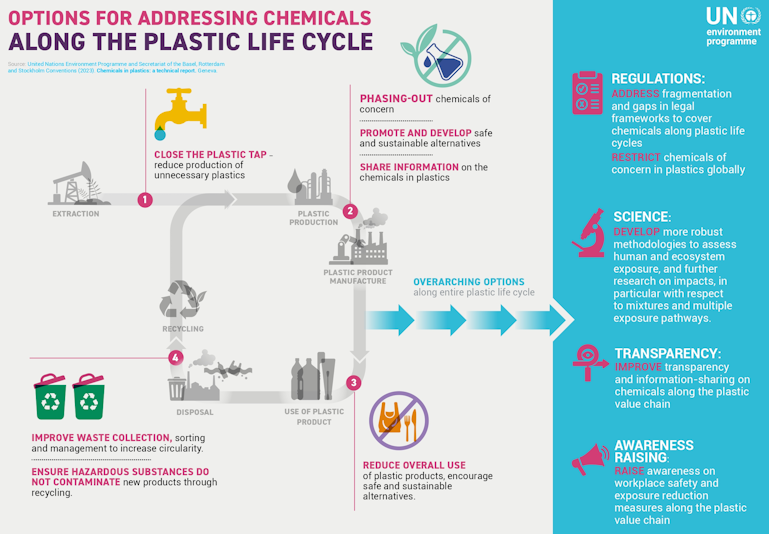The issue of waste and its management has become a major subject for the preservation of our planet. However, these environmental concerns should not overshadow the dangers that waste represents for human health. Between diseases linked to exposure to certain harmful substances, air pollution or contamination of water and soil, it is time to become aware of these health risks.
Hazardous waste: a threat to human health
Hazardous wastes are those which present particularly high risks to the environment and health due to their toxic, infectious, flammable, explosive or radioactive properties. They can be produced by various industrial, medical or agricultural activities. Among these hazardous wastes, we find in particular products containing heavy metals (lead, mercury), asbestos fibers and even hydrocarbons.
Heavy metals: persistent contaminants
The presence of certain heavy metals in waste can cause serious health problems for people directly or indirectly exposed to these polluting elements. For example, lead, present in particular in certain paints or used batteries, can cause acute poisoning, but also longer-term neurological, renal and cardiovascular problems. Mercury, on the other hand, can cause serious disruptions to the nervous and immune systems.
Asbestos fibers: carcinogenic substances
Asbestos fibers present in certain waste also represent a real danger to human health, particularly when inhaled. These microscopic fibers can, in fact, infiltrate deep into the lungs and cause various respiratory diseases including asbestosis, pulmonary fibrosis induced by asbestos, as well as different types of cancers, such as mesothelioma.
Water and soil pollution: widespread health risks
In addition to the dangers associated with specific hazardous wastes, water and soil pollution caused by waste in general also represents a serious public health problem. This diffuse contamination can be the cause of numerous illnesses, particularly those resulting from exposure to pathogens contained in waste.
Bacterial and viral infections
Pollution of water and soil by waste can lead to the proliferation of bacteria and viruses responsible for various infections. For example, organic waste contaminated with feces, such as untreated sewage or household waste, can cause gastrointestinal conditions, such as diarrhea, typhoid fever or cholera.
Chemical and parasitic contamination
Chemicals from industrial and domestic waste pollute groundwater and soil, entering the environment and potentially the food chain. Some of these elements can cause chronic diseases in exposed populations. Furthermore, organic waste can also promote the development of parasites responsible for diseases such as leptospirosis or schistosomiasis.
Air pollution: an impact on air quality
Finally, waste, whether our sources of gaseous emissions, also contributes to air pollution and the health problems associated with it. The incineration of waste, for example, can generate emissions of dioxins and furans, substances considered potentially carcinogenic to humans, as well as nitrogen and sulfur oxides responsible for respiratory and cardiovascular problems.
Fine particles and other air pollutants
The production, transport, storage and disposal of waste can generate the emission of fine particles and gases such as methane, carbon dioxide and carbon monoxide. These air pollutants can cause various health problems, including respiratory, cardiovascular and neurological conditions.
Actions to take to prevent the dangers of waste
In order to reduce the health risks linked to waste, some measures must be taken:
- Reduce the production of hazardous waste and promote their safe disposal
- Improve the treatment and disposal of non-hazardous waste
- Promote the recovery and recycling of waste to limit their environmental impact
- Develop suitable infrastructure for the storage and management of solid waste
- Raise public awareness of the dangers of waste and encourage them to adopt responsible behavior when sorting and disposing of their garbage

